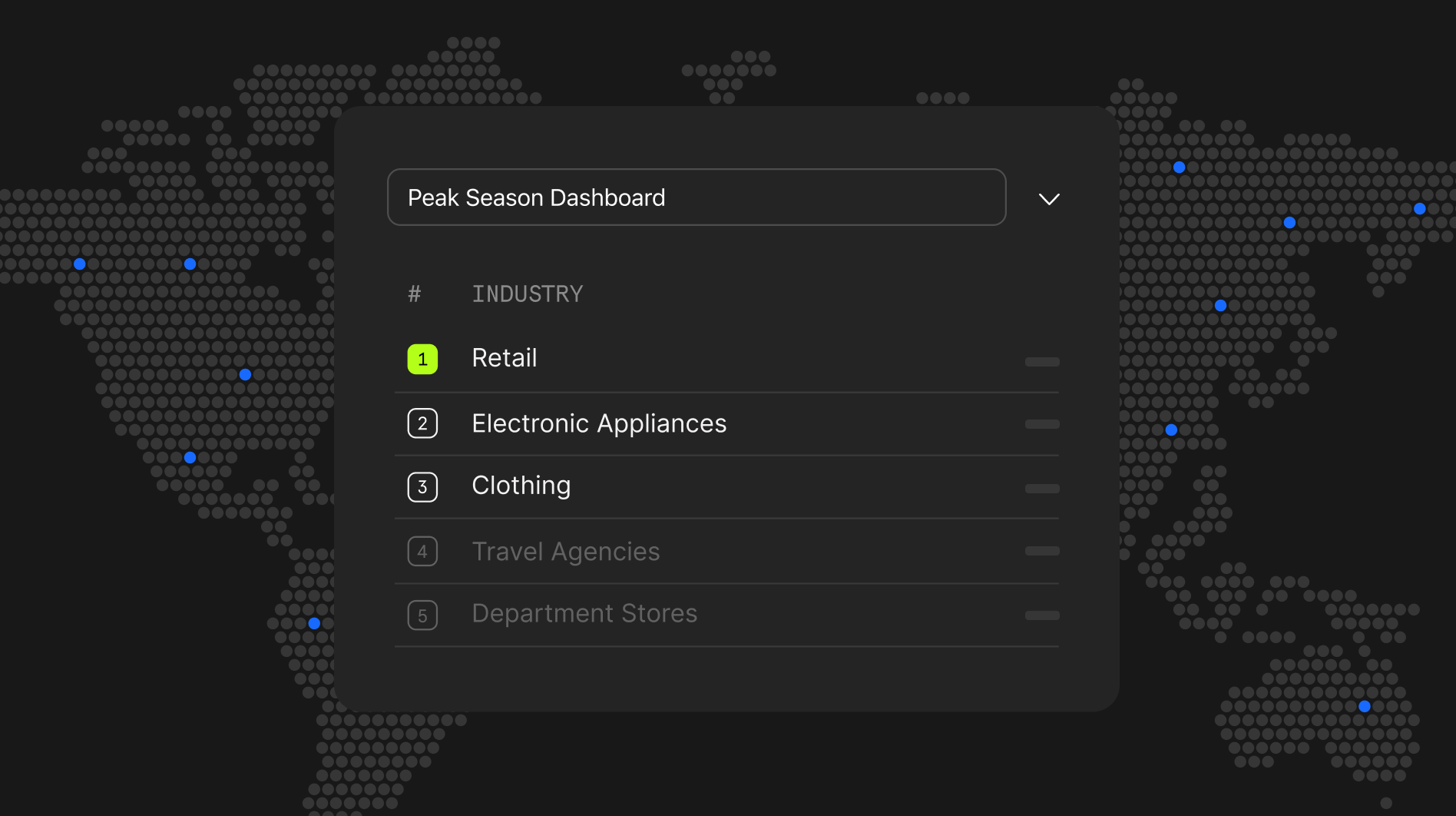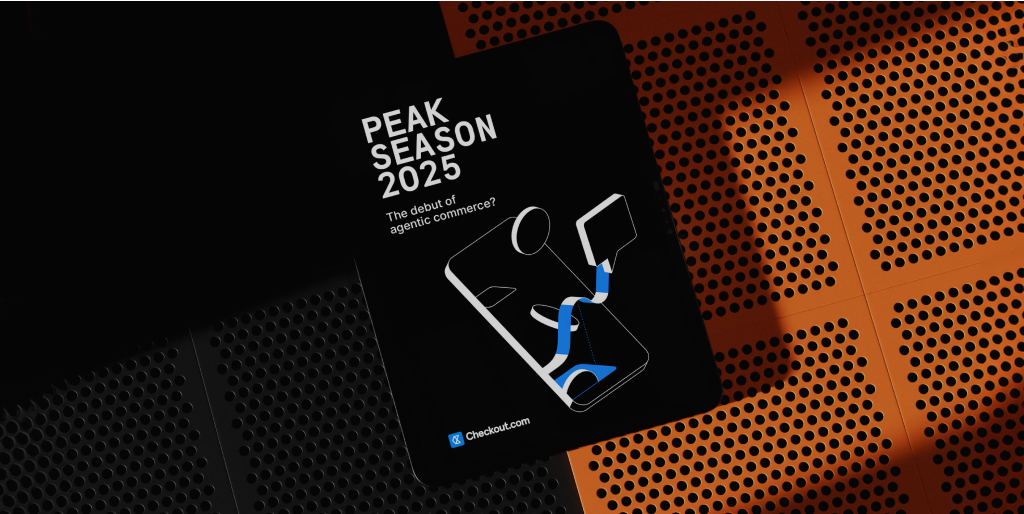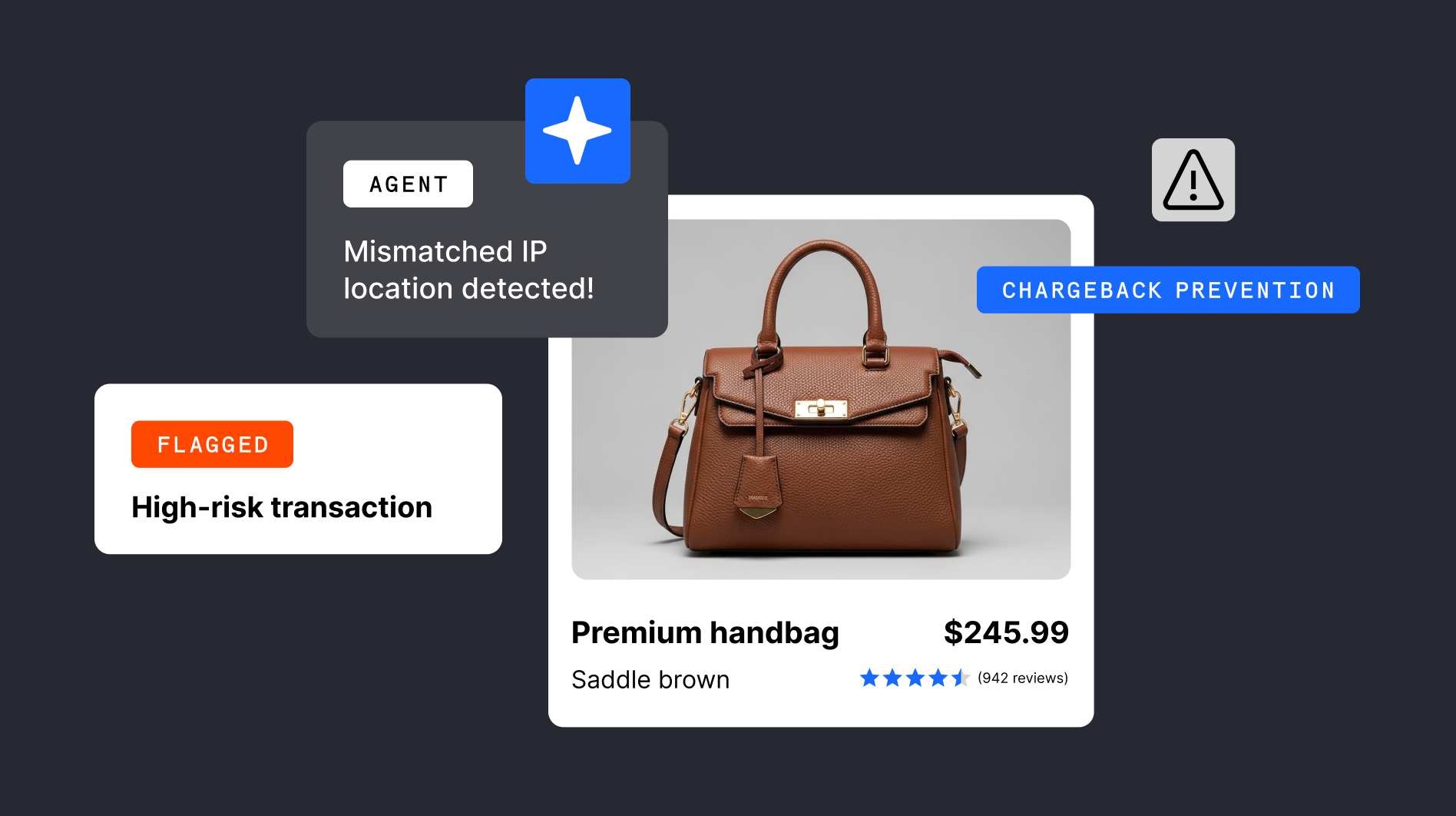When Julian Liniger first learned about crypto in 2015, the technology instantly had him hooked.
"What really excited me was that it’s a peer-to-peer system, you don’t need a bank,” he said in the first episode of Checkout.com’s new series, Talking Crypto, aimed at sharing in-depth conversations with leaders in web3.
What Julian found, in those early days of the crypto boom, was that there was a huge interest in bitcoin outside the web3 community, and yet they were deterred by usability roadblocks to buying bitcoin. It was too hard for non-crypto natives to even buy bitcoin, let alone trade it. He found himself the go-to person to help people set up on-chain wallets and accounts.
"Nine out of ten people who wanted to buy bitcoin would quit at some point in the process because it was too complicated for them. I felt we needed a way to make it way easier - where a taxi driver or hairdresser would also be able to download an app within one minute and buy bitcoin, sell and save it," he said. "It should be as easy as using WhatsApp."
Paving bitcoin’s way into Europe
Out of this passion to help newcomers came Relai: a simple-to-use app that enables users to purchase and hold bitcoin. Now, a new partnership with Checkout.com allows Relai to offer its users with instant bitcoin transactions through user-owned wallets, without restriction. Users can use Visa, Mastercard, Apple Pay and Google Pay to buy bitcoin.
"Thanks to our partnership with Checkout.com, this latest release enables every Relai user to buy bitcoin 24/7, from as little as $10, without registering into your non-custodial wallet," Julian said.
Checkout.com explains custodial vs. non-custodial wallets
Custodial wallet: A type of wallet where a third-party (or “custodian”) controls your private keys and stores your crypto funds securely. With the most common types being web-based exchange wallets, you can likely regain access to your account and funds if you were to forget your password.
Non-custodial wallet: This type of wallet gives you sole control of your private keys and your crypto funds. You must take necessary precautions to safeguard your wallet and passwords. If you were to lose your wallet or forget your password, you could lose access to your crypto funds.
With 140,000 downloads in 40 countries and almost 40,000 active users, Relai has proven its utility to customers. For the growing startup, this development is "a huge leap forward," he said. While buying crypto with a credit card or a similarly convenient payment may be possible on other exchanges, the extra step of allowing customers to hold bitcoin in their own wallet is a first. "Given that hacks are still common in the crypto space, allowing users to hold money in their own wallets outside of third-party services gives them total control over their money."
A focus on bitcoin
This development has the potential to completely revamp many people’s first experiences with crypto. "Because buying bitcoin is so many people’s first interaction with crypto, it makes sense to make this bit super easy to onboard more people," said Julian.
Relai chose to focus on this currency in order to emphasize simplicity over being comprehensive: "Most people get burnt by speculating on altcoins," he said. "With bitcoin, you can’t really do much wrong. It’s the only crypto designed as a savings technology, as a store of value. In our opinion, it will always be the biggest crypto."
While there’s a tendency to group crypto all together, there’s an argument for separating BTC from other cryptocurrencies. Stablecoins are in one bucket, altcoins in another, and bitcoin, perhaps, all on its own. As Julian put it: "They may all rely on the same underlying technology but are incredibly different assets from the perspective of investing or using them in our day-to-day lives."
Crypto winter presents an opportunity
Of course, Julian's comments come at a moment of downturn for most of the crypto ecosystem. He noted that many of the big exchanges were seeing a drop in trading volumes of around 70-80%, probably due to day traders dropping out. At the same time, he said, many institutions are still investing large sums, showing that they still see the long-term vision and promise of blockchain.
Since Relai only works with bitcoin, it has avoided the double-digit losses, said Julian. "We haven’t lost double-digit revenue or growth, so this shows me that the bitcoin community is seeing this as a long-term savings technology and store of value."
Ultimately, cryptocurrency fundamentals haven’t changed, despite the current downturn. It’s possible this appetite is a sign of people hedging against a high-interest inflationary environment. In any case, the current moment is about building up infrastructure and product development to ensure that crypto is ready for mainstream adoption. The partnership between Checkout.com and Relai is the perfect example of this strategy: with a strong and accessible customer experience, Relai is ready for broader crypto and bitcoin adoption.
Crypto Security: everything you need to know
Want to learn more about safeguarding your crypto business? On November 16, our head of crypto, Max Rothman, will be hosting a fireside chat with Fireblocks’ CEO Michael Shaulov to explore the latest developments in crypto fraud and what merchants can do to feel confident in their security decisions.
.jpeg)














.png)
